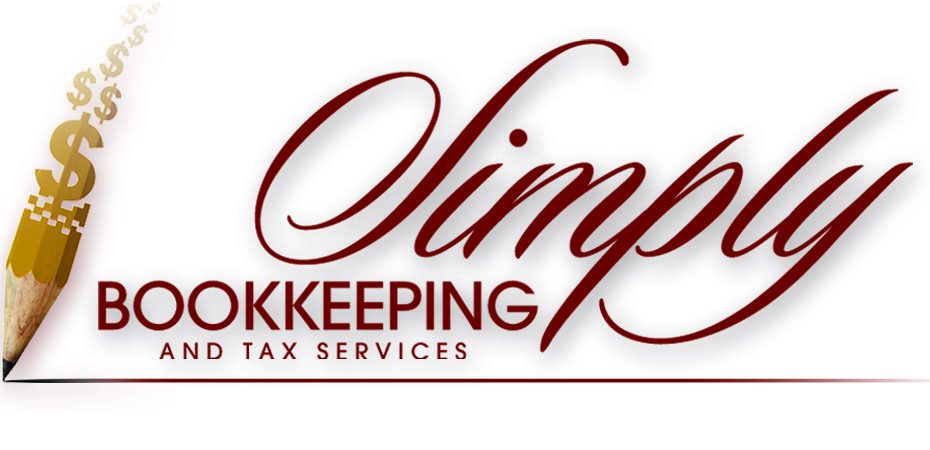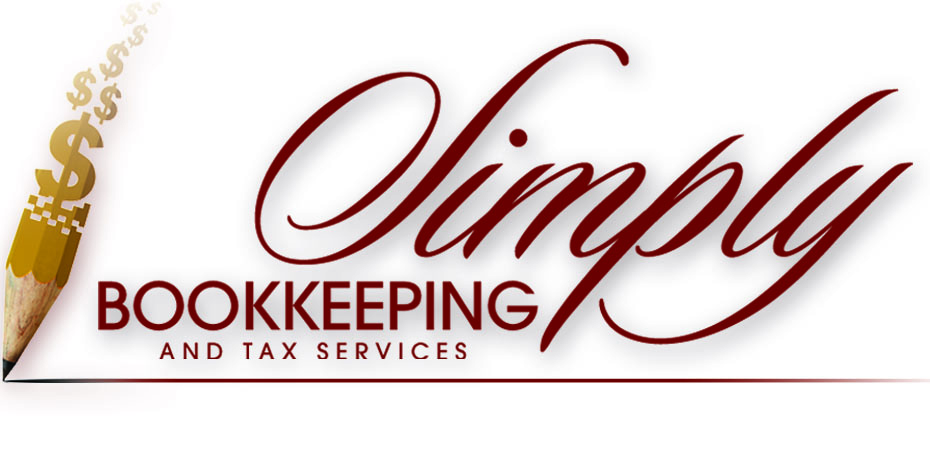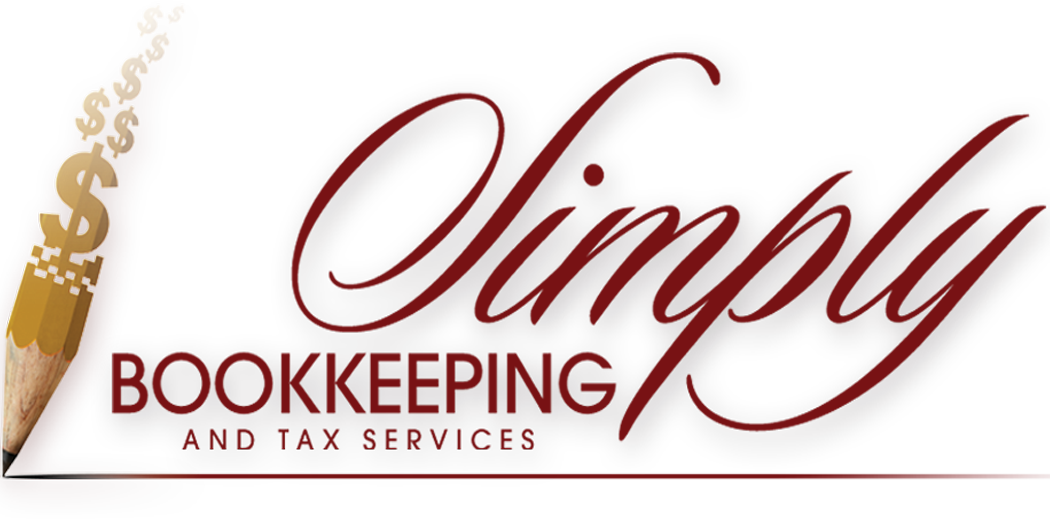As a small business owner, you know that effectively managing your finances is crucial for long-term success. While you may have a comprehensive understanding of basic accounting principles, one area often gets overlooked – pension accounting. This article sheds light on the importance of pension accounting and how it can significantly impact your business’s financial future.
What is Pension Accounting?
Pension accounting is recording and reporting a company’s contributions and obligations towards its employees’ retirement plans. In simpler terms, it involves keeping track of the funds set aside for employee pensions and ensuring compliance with accounting standards and regulations.
Why is Pension Accounting Important?
1. Compliance with Regulations: Pension accounting is not just a good business practice; it’s a legal requirement. Various regulations, such as the Employee Retirement Income Security Act (ERISA), govern pension plans and require accurate reporting and disclosure to protect employees’ retirement benefits. Failure to comply with these regulations can result in penalties, legal implications, and damage to your business’s reputation.
2. Employee Retention and Attraction: Offering a robust pension plan is an attractive benefit for potential employees. You can increase employee satisfaction, loyalty, and retention by effectively managing your pension plan and providing regular updates on its financial health. This, in turn, reduces turnover costs and helps your business build a reputation as a desirable employer.
3. Financial Planning and Budgeting: Pension accounting is crucial in your overall financial planning and budgeting. By accurately tracking and reporting your pension expenses, you can better forecast and allocate resources for the future. This allows you to make informed decisions about your business’s financial health, such as adjusting employee compensation, managing cash flow, and planning growth opportunities.
4. Tax Deductions and Benefits: Proper pension accounting can also provide significant tax benefits for your business. Contributions made to qualified pension plans are typically tax-deductible, reducing your taxable income and lowering your overall tax liability. Additionally, offering a pension plan may make you eligible for certain tax credits and incentives, further boosting your bottom line.
5. Competitive Advantage: In a competitive market, businesses need every advantage. By offering a well-managed and attractive pension plan, your business can stand out from the competition and attract top talent. This can ultimately lead to increased productivity, innovation, and revenue growth.
How to Optimize Your Pension Accounting
Now that you understand the importance of pension accounting, it’s essential to implement strategies to optimize this aspect of your business. Here are a few tips to get you started:
1. Seek Professional Help: Pension accounting can be complex, with numerous regulations and reporting requirements to navigate. Consider hiring a professional bookkeeper or accountant with expertise in pension accounting to ensure accuracy and compliance.
2. Regularly Review and Update: Keep a close eye on your pension plan’s financial health. Regularly review and update your plan’s financial statements, ensuring they reflect accurate information and comply with any regulatory changes. This will help you identify potential issues or areas for improvement and make necessary adjustments to keep your plan in good shape.
3. Stay Informed: Stay updated with any changes in pension accounting regulations and laws. Attend seminars or workshops, read industry publications, and consult with experts to ensure you know of any changes that may impact your pension plan. By staying informed, you can proactively address any issues and make the necessary adjustments to stay compliant.
4. Utilize Technology: Using technology to streamline your pension accounting processes. Various software solutions can automate calculations, generate reports, and ensure accuracy and compliance. By leveraging technology, you can save time and reduce the risk of errors in your pension accounting.
5. Educate Your Employees: Ensure that your employees understand the benefits and features of your pension plan. Provide them with clear information on how their contributions are managed and how they will benefit them in the long run. By educating your employees, you can increase their engagement and encourage them to take full advantage of the pension plan.
Conclusion
Pension accounting is a critical aspect of managing your business’s finances. It helps you attract and retain top talent, provides tax benefits, and supports your overall financial planning and budgeting. By optimizing your pension accounting practices, you can ensure accuracy and compliance, and maximize the benefits for your business and your employees.
At Simply Bookkeeping and Tax Services, we understand the complexities.


